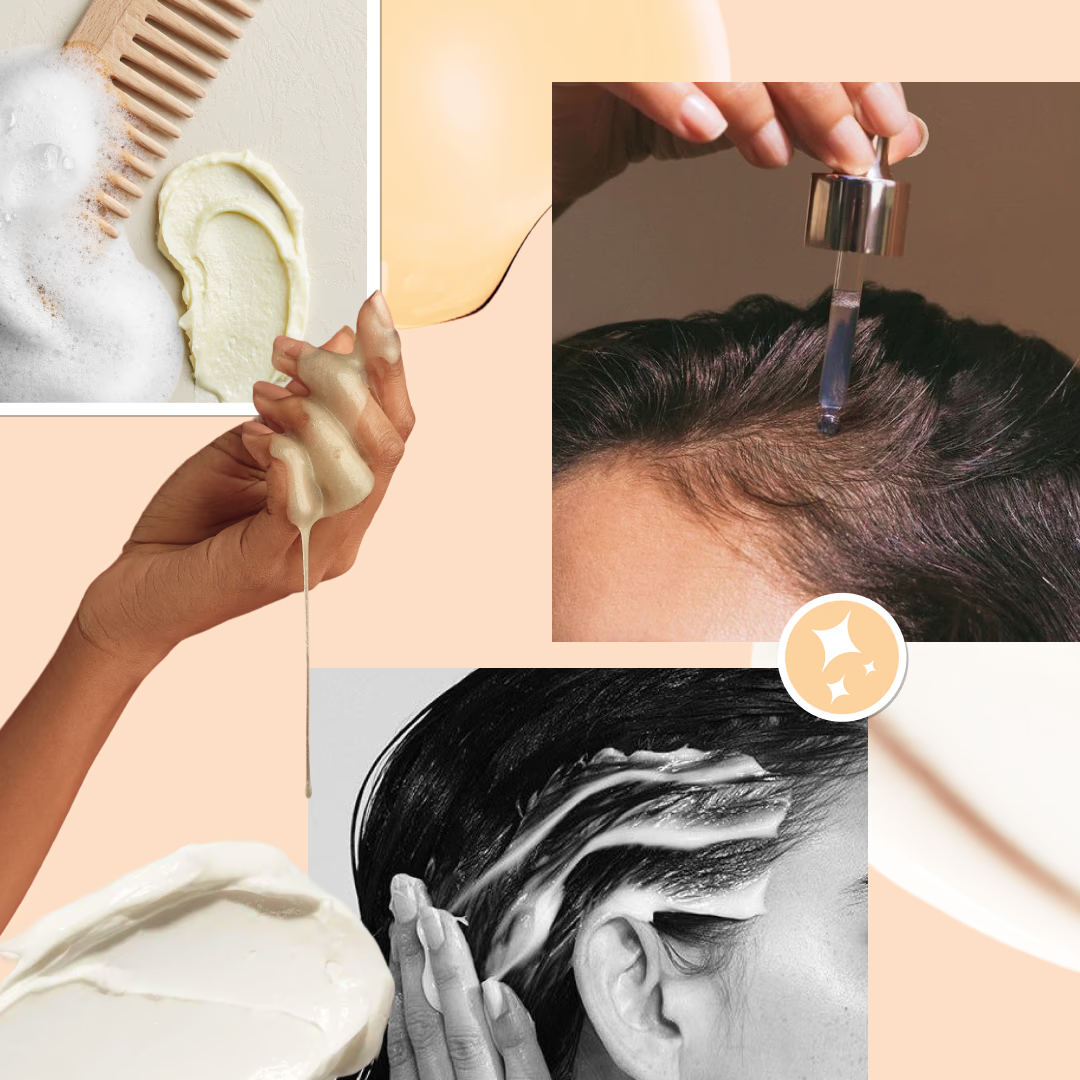
The high humidity and moisture levels during the rainy season can wreak havoc on your hair and scalp, causing frizz, damage, and hair fall. While it is unrealistic to avoid rain entirely for three months, there are ways to address these issues.
"Due to increased humidity and excess sebum secretion, the scalp becomes oily," explains consultant dermatologist Dr. Shefali Trasi Nerurkar. "Additionally, pollution leads to acidic rain, which can strip keratin from the hair, making it brittle and frizzy." This combination of an oily scalp and brittle hair often results in excess hair fall.
Furthermore, Dr. Trasi Nerurkar notes that hair is more susceptible to infections during the monsoon season, including bacterial and fungal infections. "The oily scalp creates a favorable environment for fungal growth, and unhygienic damp conditions commonly lead to bacterial infections," she adds.
Here’s what she suggests you can do to protect your strands and prevent hair breakage this season.

Cleansing is key
First things first, always try to keep the scalp dry. Dr. Nerurkar advises covering your hair whenever you step out during the rains. On occasions when your hair does get wet, make sure to wash it to remove the rainwater or any excess sebum or oil on the scalp. Dr. Nerurkar also suggests always using a dry towel or air drying your hair right away, as blow drying can damage the hair cuticles.
Keep your hair washes regular
“Washing your hair 2-3x a week is enough to cleanse the scalp,” Dr Trasi Nerurkar says. She suggests using a sulphate-free, mild shampoo to cleanse the hair and to use a conditioner after every wash to avoid frizz.
Tira recommends:
Barcode Professional Sulfate & Salt Free Hair Shampoo
Mintree Certified Organic Fall Stop Shampoo, For Hair Growth, Reduces Hairfall & Dandruff
Wildly Pure Goodbye Hair Fall Shampoo & Conditioner Combo
Avoid hot showers
Hot showers can strip the scalp and hair of their natural oils, pushing the scalp to overproduce sebum and damaging hair bonds and cuticles, which can lead to hair fall. Therefore, Dr. Trasi Nerurkar recommends sticking to warm showers instead of hot, especially during the monsoon.
Protect your strands by oiling them
Oiling has been a traditional remedy for treating hair and scalp, and it is particularly important during the monsoon season. Hair oils nourish the scalp, providing essential nutrients that strengthen the hair from root to tip. They create a protective layer on the hair, shielding it from external damage. Additionally, oils like coconut oil have anti-inflammatory and anti-fungal properties, benefiting the scalp.
Tira recommends:
Inde Wild Champi Oil & Moonlight Scalp Serum Combo
Pilgrim Spanish Rosemary Essential Oil For Hair Growth, Hair Fall Control & Hair Strengthening
Indulge in a leave-in serum
While using a regular conditioner along with your shampoo is imperative, using a leave-in serum is equally important to give your hair a boost of hydration and nourishment, as well as protect it from damage.
Tira recommends:
It's a 10 Haircare Miracle Leave In Product
L'Oreal Professionnel 10-In-1 Absolut Repair Oil Leave In Hair Serum
Dos
- Hair Hygiene: Ensure good hair hygiene during the monsoon season to prevent bacterial or fungal scalp infections.
- Nutritious Diet: Maintain a balanced diet rich in nutrients and minerals to nourish your hair from within.
- Peptide Treatment: Incorporate a hair peptide solution to reduce hair fall. Results typically show improvement in hair fall reduction and growth after three to four months of consistent use.
Don’ts
- Skip drying: Avoid leaving your hair wet for extended periods as it can lead to fungal growth on the scalp.
- Over-wash: Avoid washing your hair excessively as it can strip away natural oils, leading to dryness and frizz.
- Tie wet hair: Avoid tying up wet hair as it can weaken hair follicles and lead to breakage.
































